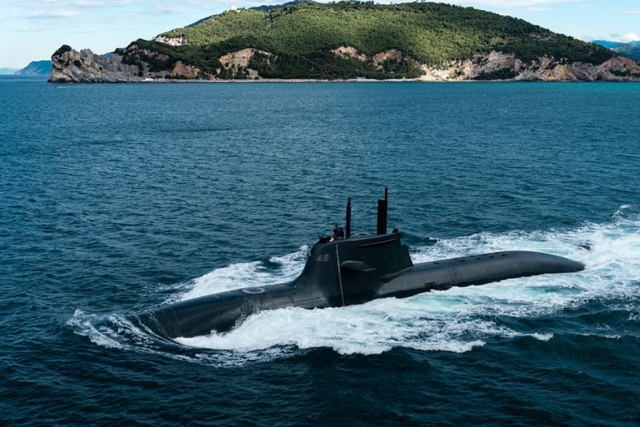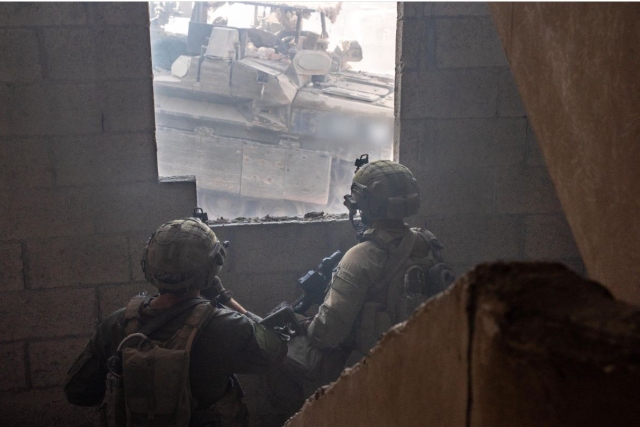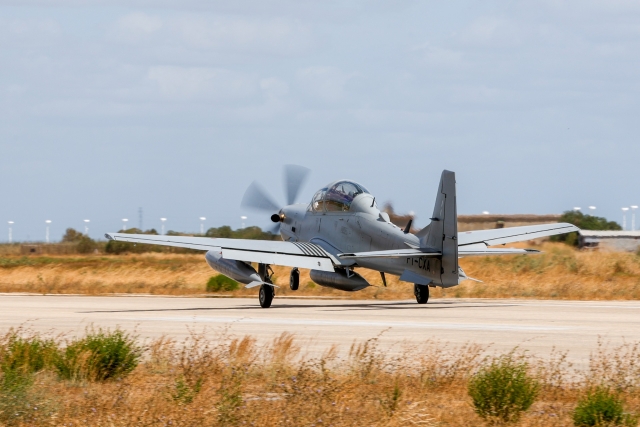US, Europe Arms Embargo to Derail Several Turkish Procurement Programs
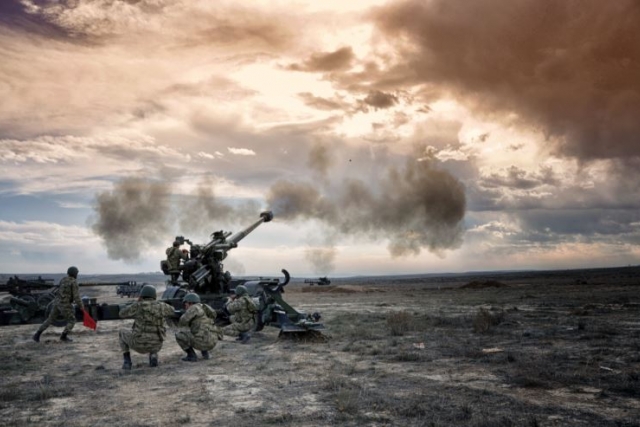
Several joint production and direct procurement programs could be halted if the US and Europe carry through with their threat of defence export bans in view of Turkey’s offensive in Syria.
Dubbed “Operation Peace Spring,” Turkey began its offensive against US-backed Kurdish militia in north-eastern Syria on October 9, after US President Donald Trump withdrew American troops from the country.
A day later, US Senators Chris Van Hollen and Lindsey Graham outlined arms embargo and sanctions against Turkey for its $2.5 billion S-400 buy and for its operation in Syria. It calls for consideration of S-400 purchase as a “significant transaction” under US’ CAATSA law slapped against countries buying Russian military equipment.
The Graham-Van Hollen Turkey Sanctions bill includes sanctions “against any foreign person who sells or provides financial, material, or technological support or knowingly does a transaction with the Turkish military” including “aircraft or aircraft parts, machinery, used by the Turkish Air Force, automotive equipment and services utilized by the Turkish Land and Naval Forces, and weapons or defense articles utilized by the Turkish Military.”
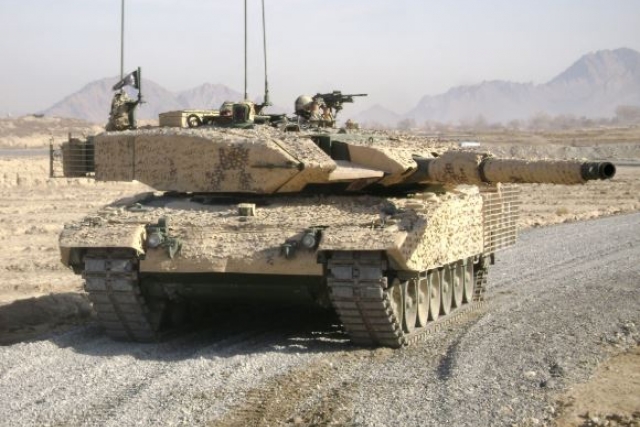
It also prohibits the sale of US defense hardware, services, technology, materials to the Turkish Armed Forces. Turkey has already been kicked out of the F-35 programme as a consequence of the S-400 deal, even though it manufactures roughly around 800 components of the jet.
Turkey has already hinted at using an air-to-surface cruise missile developed for the F-35 in its national combat aircraft and attack UAVs, besides its plan of offering it to the F-35 partner countries.
"If the countries in the F-35 program want to buy the SOM-J cruise missile, we can easily sell them if we are out of the program," Mustafa Varank, Turkey’s industry and technology minister, said in August 2019.
"Against the backdrop of the Turkish military offensive... , the Federal Government will not issue any new permits for all military equipment that could be used by Turkey in Syria,” Heiko Maas, Foreign Minister of Germany, said on his Twitter account, on Saturday.
“We have been taking a very restrictive line on arms exports to Turkey since 2016, and particularly after a Turkish military operation in the northern Syrian region of Afrin last year,” Maas was quoted as saying by Berlin-based Bild am Sonntag newspaper.
Turkey confirmed using Leopard 2A4 tanks (manufactured by Germany’s Krauss-Maffei and Rheinmetall) in 2017, during its operation in Afrin. Around the same time, Turkish media reported Berlin was considering modernization of Turkish tanks. The upgrade included mine protection gear, owing to Ankara losing a number of Leopard 2 tanks in Syria in mine explosions. Following this, Germany banned Rheinmetall from exporting defense hardware to Turkey.
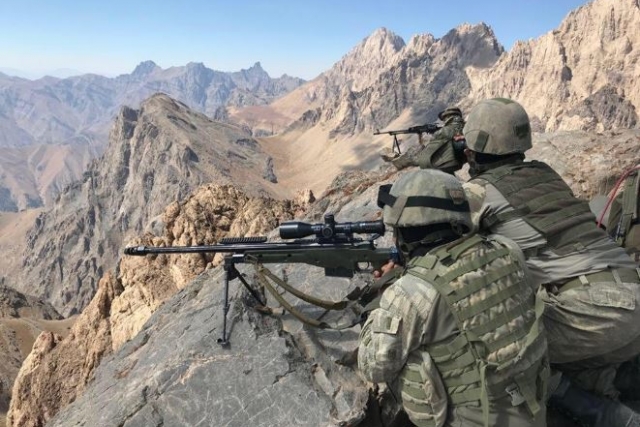
According to data compiled by Sipri, Turkish military expenditure increased by 65% to reach $19.0 billion between 2009 and 2018. In 2018 alone, spending grew by 24%, the highest increase in military expenditure among the top 15 military spenders. “Funding for arms procurement increased rapidly in 2018 and Turkey also expanded its military operation against Kurdish armed groups in Syria,” Sipri report said.
Last year alone, German armaments deliveries to Turkey amounted to $268 million — almost a third of all the country's exports of weapons of war.
On October 12, France also announced suspension of weapon sales to Turkey. "France has decided to suspend all export projects of armaments to Turkey that could be deployed as part of the offensive in Syria. This decision takes effect immediately," the French government said in a statement.
A joint statement from the defense and foreign ministries said France would push for a "Europe-wide approach" towards curtailing weapons sales at a meeting of EU diplomats in Luxembourg on October 14.
At a ceremony held to kick-start retrofit agreement for A400M plane earlier this month, Cahit Turhan, Turkish Transport and Infrastructure Minister revealed that Europe’s Airbus is expected to invest around $2.5 billion in Turkey in 2020, a figure he thought, would jump to $5 billion by 2030.
In 2017, Turkey signed a letter of intent with France and Italy aiming to strengthen cooperation on joint defense projects, including development of a new missile defense system. The proposed system will be a more developed version of the Eurosam’s current SAMP-T air defense systems.

